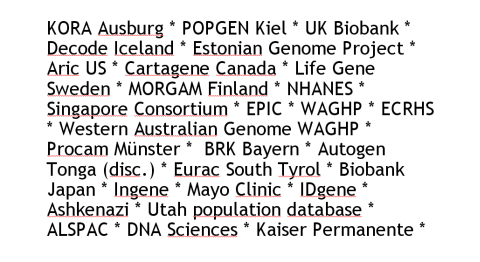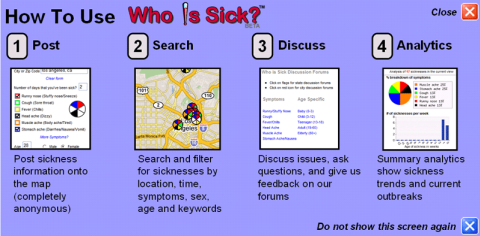Science blogs usually refer to a scientific paper. To increase the visibility of science blogs, e.g. for a reverse lookup by search engines like “find all science blogs to a particular paper” it would be useful if science blogs would include a defined tag to which paper they relate. A http link will only partially work as single articles may be found at duplicate sites (journal or the publishers site or even through agencies like OVID and PUBMED CENTRAL). Using the DOI identifier is an alternative. To recognize any source document I therefore propose the following (unofficial) IANA scheme to be included somewhere in the body of your post
scienceblog:doi:10.1371/journal.pmed.0040072:
If there is no DOI available, I propose to use the link instead
scienceblog:http:www.thelancet.com/journals/lancet/article/PIIS014067360209654X: Please note that there should be an extra “:” at the end of the string; alternatively you may use a white space.
Addendum
05.05.2007 Automatic DOI number extraction from blogs following this convention is now available at the Science Blog Finder page – just enter you rss feed address to get your blog indexed every 24 hours.
CC-BY-NC Science Surf
accessed 16.01.2026


